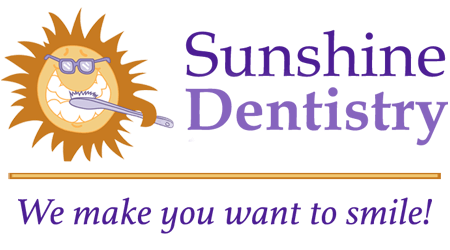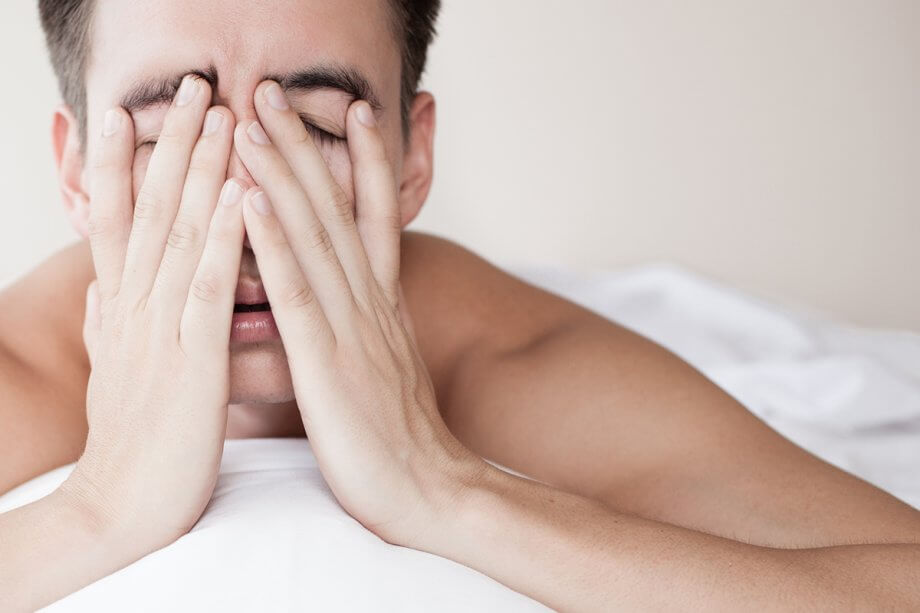If your partner or family members have told you that you snore loudly or if you wake yourself by gasping for breath, you may be concerned that you have sleep apnea.
Sleep apnea is a frightening and potentially dangerous condition that, if left untreated, could lead to cardiac issues, stroke, diabetes, and a lack of oxygen in the body.
Fortunately, your dentist can help relieve sleep apnea symptoms and help you get a good night’s rest while protecting your health and wellness.
Symptoms of Sleep Apnea
The following are several concerning symptoms that could point to a sleep apnea diagnosis:
- Exhausted feeling when waking, even if you believe you had a full night’s sleep
- Loud snoring, though this is not a universal symptom
- Trouble concentrating, memory loss, daytime confusion
- Daytime sleepiness
- Repeated nighttime waking
- Others witness nighttime pauses in breathing, often accompanied by gasping
Types of Sleep Apnea
Two types of sleep apnea exist: obstructive sleep apnea, which can happen when the airway partially or completely collapses during sleep., and central sleep apnea, which stems from faulty signals from the brain to the respiratory system.
You may need to see your primary care physician to diagnose your sleep apnea. Many physicians recommend sleep studies. If you have obstructive sleep apnea, your family dentist has treatment options that allow you a good night’s rest.
Causes of Obstructive Sleep Apnea
Obstructive sleep apnea occurs when tissue blocks the patient’s airway. Excess throat tissue may cause the problem, especially in patients with overweight or obesity. Patients’ tongues may also relax too much during sleep and fall backward, obstructing the airway.
Risk Factors for Obstructive Sleep Apnea
- Overweight or obese
- Narrow airway
- Chronic nasal congestion
- Diabetes
- Males are more likely to have obstructive sleep apnea than females under age 50, but after 50, both are equally susceptible
- Smoking
- Excessive alcohol use
Possible Complications of Obstructive Sleep Apnea
Obstructive sleep apnea disrupts the amount of oxygen that reaches the brain and vital organs. This problem leads to memory loss, fatigue that could become dangerous while driving or operating machinery, mood changes, and headaches. It can also increase your chance of developing cardiovascular disease and having a heart attack.
Treatment Options for Obstructive Sleep Apnea
Our practice offers multiple oral appliances that can correctly position your jaw for sleep or corrective therapy that expands and widens your airway.
Frequently Asked Questions About Sleep Apnea
Why is sleep apnea dangerous?
One of the main reasons why obstructive sleep apnea is dangerous is that it produces daytime sleepiness. You are more likely to cause an accident while driving or operating machinery, hurting yourself and others. You may also develop coronary artery disease or suffer from a heart attack.
How does oral appliance therapy work?
Oral appliance therapy is a non-invasive way to treat symptoms of obstructive sleep apnea. For proper sleep, oral appliances precisely position the mouth, tongue, and jaw.
Call Sunshine Dentistry
If you believe you may have sleep apnea, don’t put off talking to your dentist. Your dentist can prescribe methods to relieve your symptoms and protect your health. Please call our Cape May Court House, NJ, office at 609-465-5415 or request an appointment below.

